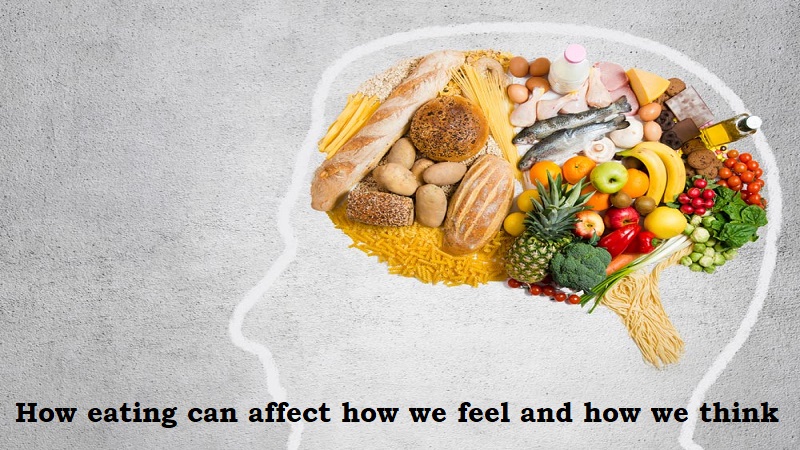
People have believed that food can affect their health and wellness for thousands of years. Food has an impact on our mental health in addition to our physical health, according to a growing body of study and data.
Let’s first define mental health so that we can comprehend how the two are related. According to the World Health Organization, ‘mental health’ refers to a condition of wellbeing and efficient functioning in which people have confidence in their own skills, are resilient to life’s challenges, and can contribute to their communities.
‘Let your food be your medication, and your medicine be your food,’ the father of modern medicine famously remarked. People become quite interested in the effects that various diets had on their mood and temperament.
‘Eating a salad won’t make your depression go away. However, there are many things you can do to elevate your mood and enhance your mental health, and some of them are as easy as increasing your intake of plants and healthy foods, according to Dr. Jacka, the president of the International Society for Nutritional Psychiatry Research and the director of the Food & Mood Centre at Deakin University in Australia. ‘Mental health is complex,’ it should be said.
Our mood can influence our eating choices just as much as our mood may influence how we feel. For illustration, a 2018 Australian study known as the ‘SMILES’ experiment assessed the outcomes of two different groups of depressed individuals. As part of the study, only one group was taught how to follow a healthy diet. Then, researchers compared the two groups to identify whether changes in their diets led to an improvement in their mood. Finally, they found that those who followed a healthy diet for 3 months experienced reduced symptoms of depression.
Eating meals with others has numerous psychological, social, and biological advantages. They provide us with a feeling of rhythm and regularity in our life, an opportunity to think back on the day, and a sense of community. In terms of biology, eating while seated upright aids in digestion. We slow down when conversing and listening, which helps us eat more slowly.
Spend at least one day a week eating with family and friends to make the most of mealtimes. To avoid making meal preparation a chore, pick an uncomplicated recipe. Assign responsibilities so that each person is responsible for a distinct duty, such as shopping, preparing the table, cooking, or cleaning up. Turn off the TV so that you may all converse and share.
One of the first stages in ensuring that your meals and snacks are well-balanced is to pay attention to how you feel after eating and what you consume. Our diet and our mental health have a complicated relationship. But research indicates a connection between our diet and how we feel. Every good adjustment doesn’t have to be implemented right away. It might be simpler for you if you take it week by week. For instance, you could begin by increasing your intake of veggies one week, reducing your intake of sweets the following, swapping out some of your meat for beans the third week, and so on.
In conclusion, maintaining a nutritious diet will help you stay energised and help you feel your best most of the time. Your diet should consist of a wide variety of proteins, vitamins and mineral-containing foods that support the body’s functions. As a rule, plenty of fruits and vegetables and wholegrain cereal foods, with some protein foods, will ensure a good supply of nutrients for both, good health and a good mood.

Post Your Comments